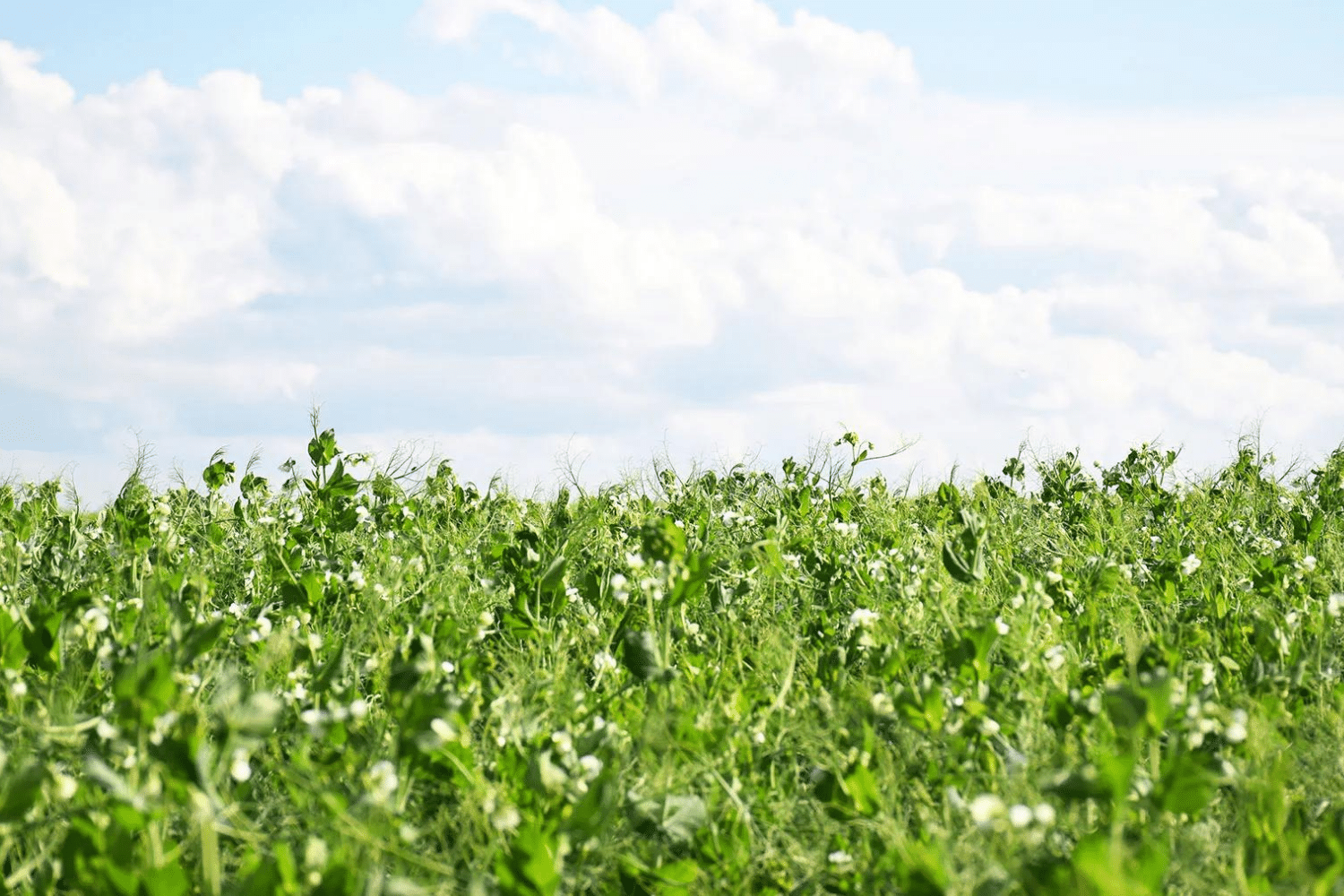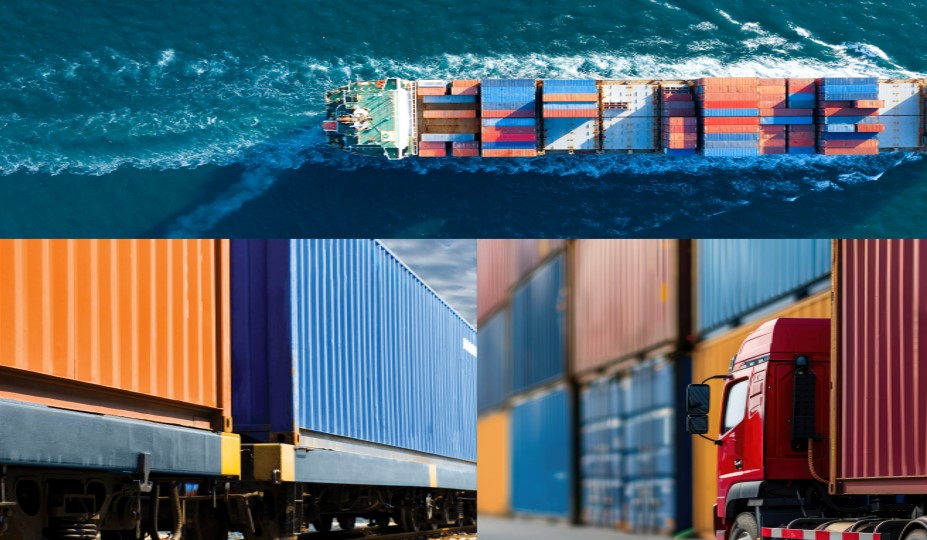Besides the valuable contribution that growing peas sustainably has on taking care of the environment, how else do pea growers contribute to our business? Anastasia Kubinec is an agronomist at our Portage la Prairie plant, where she works with growers who supply peas from Manitoba and Saskatchewan. She also supports the growers to complete their Environmental Farm Plan (EFP), which is required as part of Roquette’s sustainability planning.
The EFP program is a Federal Canadian program that is run by each province and is compatible with the global Sustainable Agriculture Innovation Platform (SAI). Crop producers demonstrate sustainable competency of their operations by completing a confidential self-assessment. A workbook (Manitoba) and online platform (Saskatchewan) guides the growers through, to make informed assessments of their farming operations, based on current best management practices for agricultural business sustainability, to be more environmentally friendly and for human health and safety.
How We Work with Our Growers
Based on consumer demand, Roquette requires growers who supply peas to their Portage la Prairie plant to prove that they are producing peas sustainably. Roquette has identified the EFP as a best means to achieve this. Roquette has collaborated with the Manitoba and Saskatchewan government to develop a specific Pea Production Chapter. Producers that complete the EFP process, including this pea production chapter will be eligible to qualify for a contract.
The Roquette team has been on hand to answer questions, provide materials, and help administer an orientation webinar to growers about the EFP process. The webinar explains how to complete their workbook and develop an action plan for any operational changes to mitigate environmental concerns.
I’m really impressed with the growers’ uptake of the program. About 93% of them have gone through the online portal to start their EFP, which is up from about only 25% as of November 2020. About 40% of them have received their Statement of Completion to date [April 2021]. We aim to be at 95% completion within our contracts with the growers this year, and we will work to support any remaining growers to achieve completion.
– Anastasia
What’s Next?
During the pea growing season of May to September 2021, Anastasia and the rest of the raw materials procurement team plan to visit several of the contracted fields. The team may also help provide observations and make assessments to continue building our partnership with the growers.
Every five years, growers will need to renew their EFP and Statement of Completion to review any changes to policy and stay up to date on best recommendations for sustainable agriculture practices.



